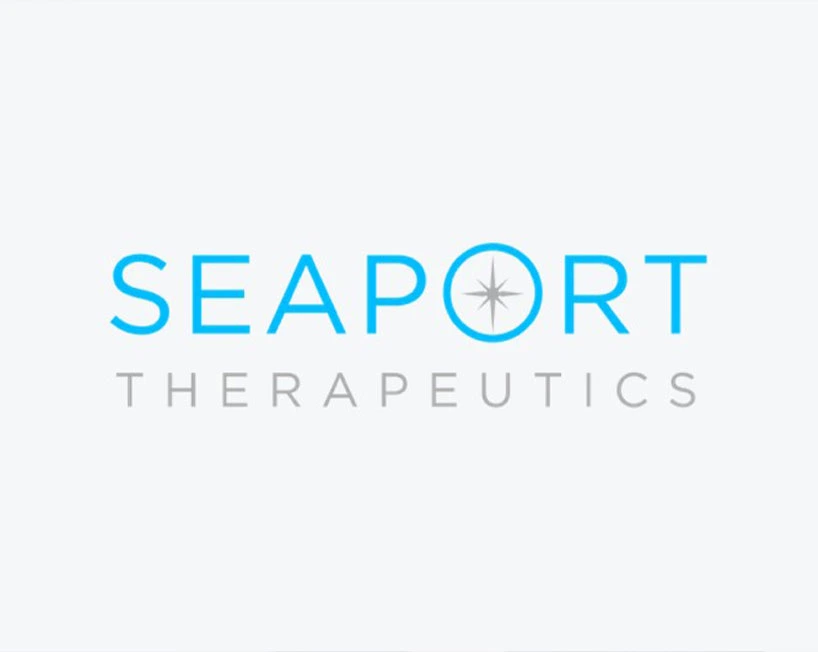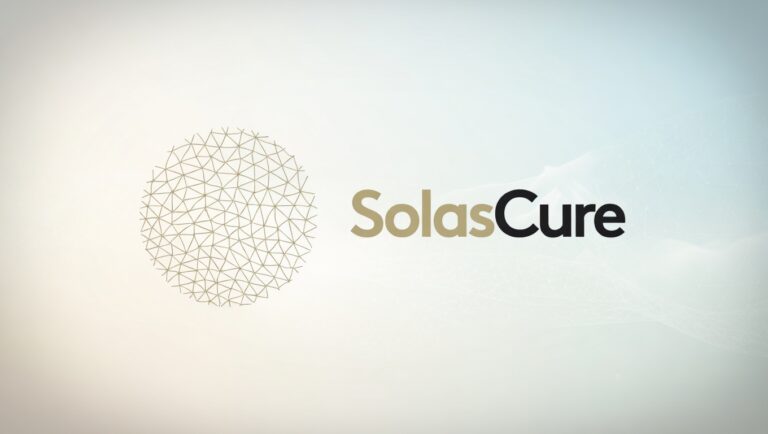
Seaport Therapeutics Publishes Research on 55% Drug Absorption via Lymphatics with Glyph™ Platform
Seaport Therapeutics, a clinical-stage biopharmaceutical company focused on developing innovative neuropsychiatric medicines, has announced the publication of new research highlighting the unique capabilities of its Glyph™ platform in enhancing drug transport through the lymphatic system. This enhancement leads to increased therapeutic exposure. Published in Molecular Pharmaceutics, the study is the first to demonstrate the impact of altering the drug attachment point of a lymph-directed prodrug on lymphatic drug transport and targeted drug exposure. The findings further support Glyph™’s potential to make a wide range of molecules, including immunomodulators, more effective by facilitating their transport through the lymphatic system and providing them direct access to the immune system.
Seaport Therapeutics has announced a groundbreaking study that explores the potential of its Glyph™ platform to improve the absorption and therapeutic delivery of mycophenolic acid (MPA), an immunomodulatory drug. The study, which involved preclinical models, evaluated the impact of modifying MPA to enhance its transport through the lymphatic system, ultimately increasing its concentration in the lymph nodes. Researchers specifically tested different attachment points on the MPA molecule to determine which would optimize lymphatic drug transport.
The results were promising. A newly examined phenol attachment point achieved the highest lymphatic transport of MPA ever recorded, with approximately 55 percent of the drug being absorbed through the lymphatic system. This was double the release observed with the previously tested acid attachment point, showing significantly higher concentrations of MPA in the lymph nodes. This finding emphasizes the important role that linker characteristics play in determining the extent of lymphatic drug transport and its subsequent release in lymph nodes. The study underscores the value of a tailored approach to designing lymphatic-targeting prodrugs to improve therapeutic exposure.

“This research expands our understanding of lymphatic delivery and provides new insights into designing drugs that can achieve higher exposure at their intended targets, including immunomodulatory drugs,” said Dr. Christopher Porter, Ph.D., co-inventor of the Glyph™ technology. Dr. Porter is also the Director of the Monash Institute of Pharmaceutical Sciences at Monash University. “The key takeaway from this study is the need for a careful balance between intestinal stability, transport efficiency, and release in mesenteric lymph nodes to maximize therapeutic effects through a tailored prodrug design approach.”
The Glyph™ platform enables drugs to be absorbed through the lymphatic system, similar to how dietary fats are processed, bypassing the liver and preventing high first-pass metabolism. This is particularly advantageous for therapeutic molecules that suffer from low bioavailability or cause undesirable side effects such as liver enzyme elevations or hepatotoxicity. Seaport exclusively licensed the Glyph™ technology from Monash University based on pioneering research by Dr. Porter and Jamie Simpson, Ph.D., now the Head of Chemistry at Seaport Therapeutics.
Seaport’s Glyph™ technology allows for a bespoke approach to drug development, as demonstrated by the recent research into MPA. “This study reaffirms the significance of Glyph’s innovation in prodrug chemistry technology,” said Dr. Daniel Bonner, Ph.D., Co-founder and Senior Vice President of Platform at Seaport Therapeutics. “Glyph has already been clinically validated with proof-of-concept data in humans. This success is enabling Seaport to apply the platform across our pipeline of novel neuropsychiatric medicines, with the potential to expand its use to a broad range of applications beyond CNS and neuropsychiatry.”
The Glyph™ platform has the ability to enhance the oral bioavailability of a variety of drugs, particularly those prone to first-pass metabolism. This makes the platform especially relevant for improving the effectiveness of medications that would otherwise be subject to rapid breakdown by the liver. In addition to neuropsychiatric drugs, Glyph™ has the potential to be applied across a range of therapeutic areas where drug delivery limitations exist.
Seaport Therapeutics continues to leverage the Glyph™ technology to create new therapeutic candidates, which has led to the development of proprietary intellectual property, including composition-of-matter patents. The company has published research in top-tier journals like Nature Metabolism, Frontiers in Pharmacology, Journal of Controlled Release, and Molecular Pharmaceutics to support the capabilities of the Glyph™ platform.
Seaport Therapeutics is a clinical-stage biopharmaceutical company focused on advancing novel neuropsychiatric medicines to address high unmet patient needs. With a strong team and a proven strategy, Seaport is working to overcome existing limitations in drug delivery, using its proprietary Glyph™ platform to enable oral bioavailability, bypass first-pass metabolism, and reduce side effects like hepatotoxicity. All of the therapeutic candidates in Seaport’s pipeline are based on this cutting-edge technology, positioning the company for success in the development of first- and best-in-class medicines.




